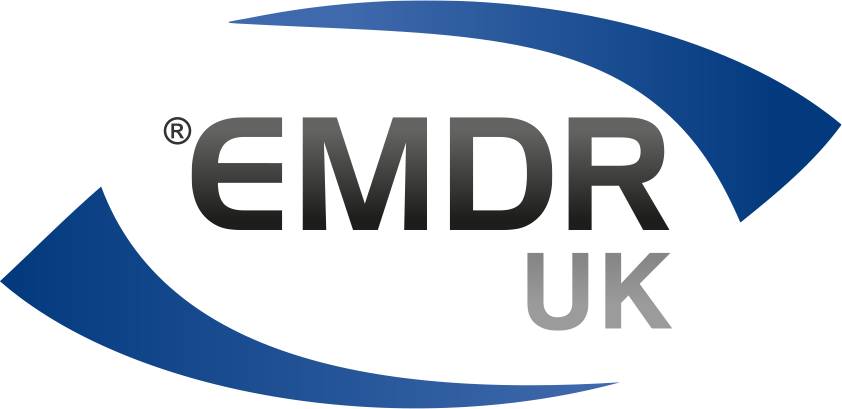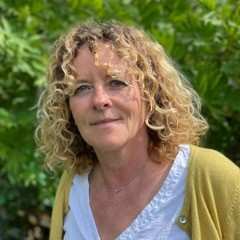A note from the Editor
It is now almost two weeks since the catastrophic earthquakes in Turkey and Syria. Our colleagues there will not be immune from the terrible effects and may well have lost family and loved ones as well as homes and communities. My guess is that they will still want to help others despite what has happened to them. Trauma Aid UK has organised several EMDR basic trainings in Turkey in recent years and this organisation continues to support and help frontline workers. If you would like to support the work of TAUK you can make a donation here.
Frontline workers are especially susceptible to vicarious trauma and alongside EMDR self-help exercises, G-TEP is increasingly being used in different settings. There is a service evaluation report in this issue from a service in Colchester (led by John Mulhall) that uses G-TEP with staff who work on inpatient wards. The evaluation shows a very large effect size (Cohen’s d = 1.4) on the reduction of trauma symptoms. Most importantly this objective reduction in trauma symptoms is reflected in the qualitative data, with the majority of staff who participated finding that they felt less anxious about going to work and have used the techniques by themselves and with others since they participated.
In a previous issue, Annabel McGoldrick highlighted EMDR as an integrative psychotherapy practice and argued that the Internal Family Systems model can be used to augment the EMDR standard protocol (IFS/EMDR). In this issue she presents a composite case report that brings her academic argument to life. Taking the integrative EMDR theme one step further Hannah Raine-Smith and Jocelyn Rose present two papers on the use of EMDR in psychedelic-assisted therapy. Their work informs those of us who are new to this burgeoning area of therapy and highlights the possible adverse consequences of using a psychotherapy protocol that is not sufficiently containing or stabilising. Their collaborative case report shows how a seemingly underwhelming psychedelic experience can be worked with using EMDR.
As spring approaches my mind turns to the annual conference. I look forward to meeting many of you in Glasgow. I would particularly like to catch up with members who would like to write for ETQ about their thoughts on any of the conference themes: polyvagal theory, autism, psychosis or ego state work. Please do email me if you would like to meet up to discuss this.
For the next issue of ETQ I would like to throw the spotlight on intensive EMDR. I did attend the last SIG meeting but had a very senior moment and thought I was at the climate change SIG – there were a lot of very confused faces (and one very red one). There is a lot of excellent work being done in this area so if you would like to share your work with the wider membership please do contact me, even if you are new to writing.
I hope that you enjoy this issue, thank you to all of the contributors. As ever please do get in touch with ideas or comments on what has been published. editor@emdrassociation.org.uk




